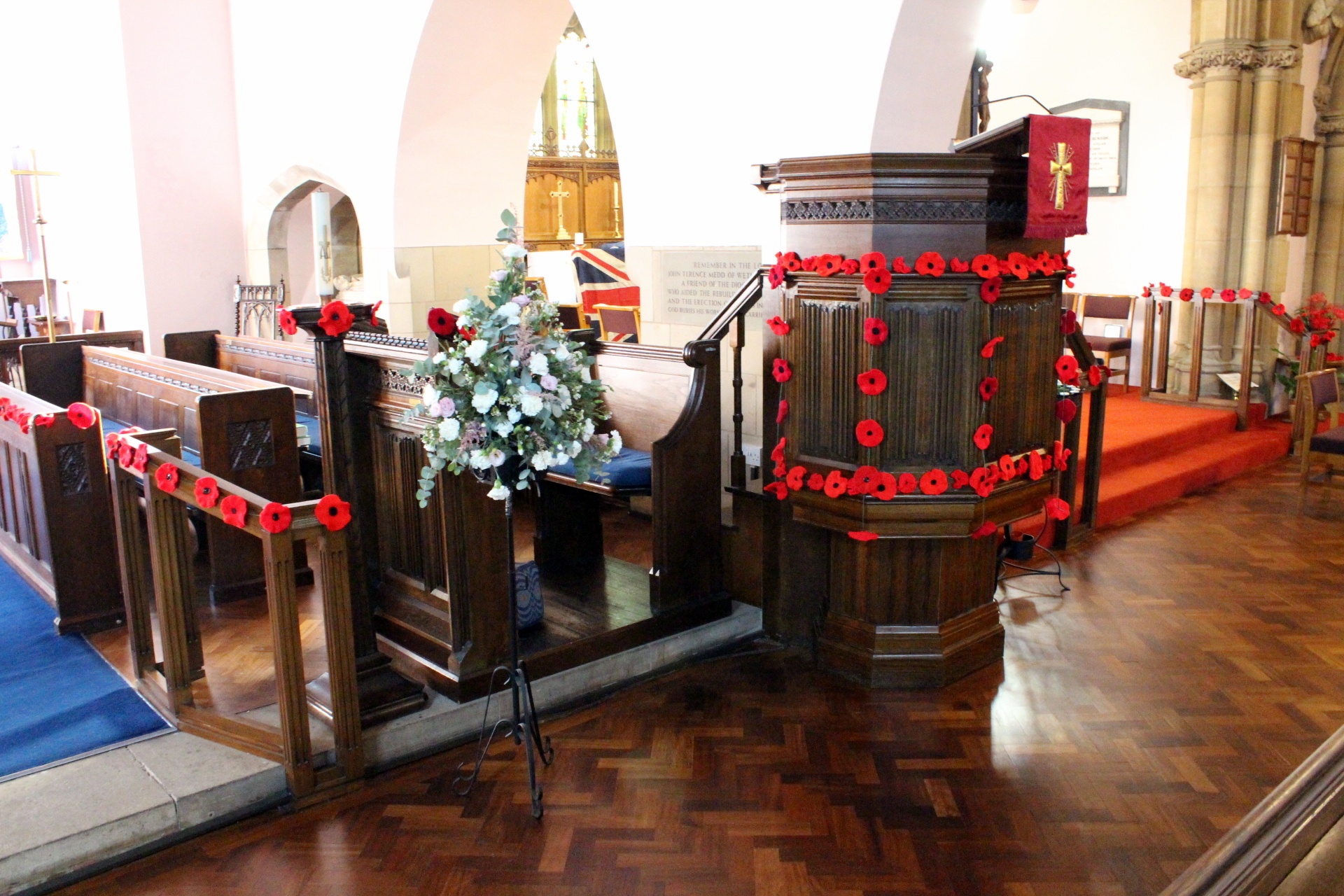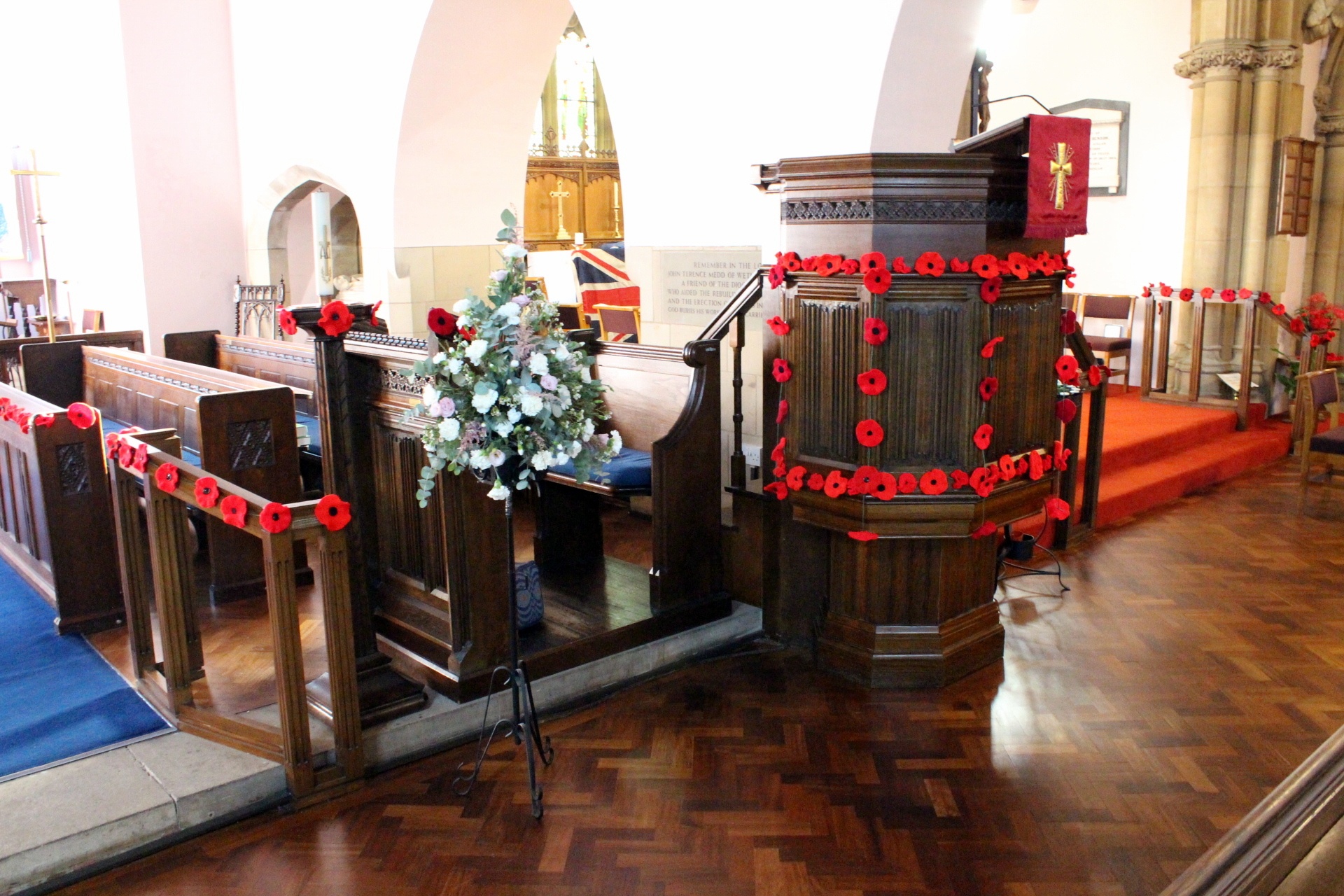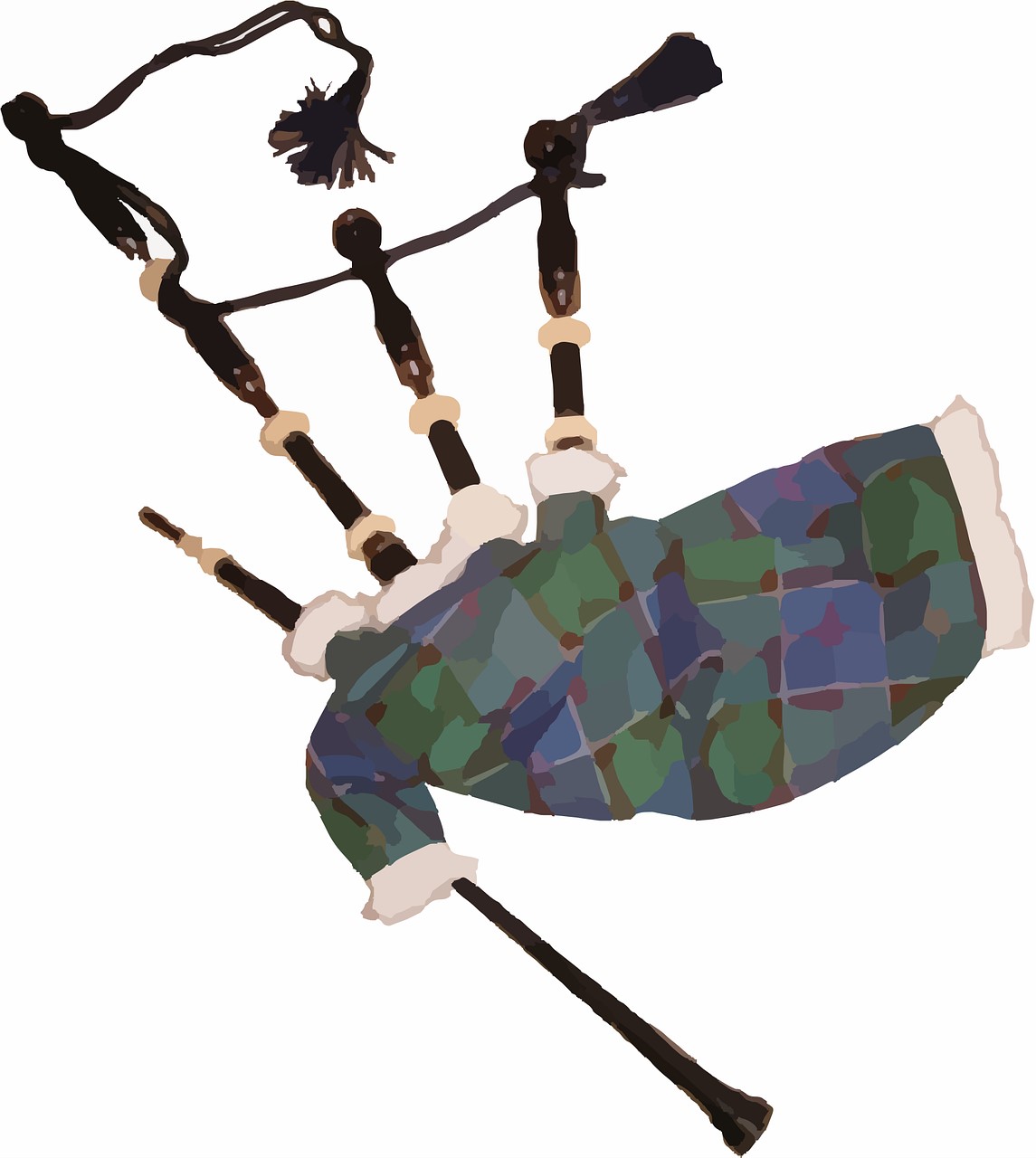
March 2026 Magazine
We always have good excuses, the latest flu bug running riot in Teesside and other events has slowed us down somewhat !!
Wishing you all a Peaceful New Year
Pauline & Bob - co-editors..
Updated 1st March 2026
_______________________________________________________

Church of England weddings at historic low
________________________________________________________________
Bishop Mullally presses for palliative-care availability
__________________________________________________________
David Pickup, a solicitor, considers January.
Going from Strength to Strength – even in January!
___________________________________
Bishop of Tewkesbury to be new lead safeguarding bishop
____________________________________________
New research into how communities think about the Bible
_____________________________________________________________
There is a lot of talk about ‘mindfulness’ these days, and how to find calm moments in our daily lives. Both the BBC and Classic FM have even got radio stations devoted to ‘mindful’ and ‘calm’ music. But as Christians, we have an extra, divine resource, to call on. And so this month we are launching a new series, simply offering three verses to help reassure your readers that they are not alone in their tough times.
Peaceful mind
______________________________________________
January 2026 Diary Page
All services at the usual times
BIBLE STUDY (via ZOOM) EVERY WEDNESDAY AT 7PM DURING TERM TIME.
PRAYER MEETING FIRST MONDAY IN THE MONTH 7pm IN CHURCH
SUNDAYS
_______________________________________________________
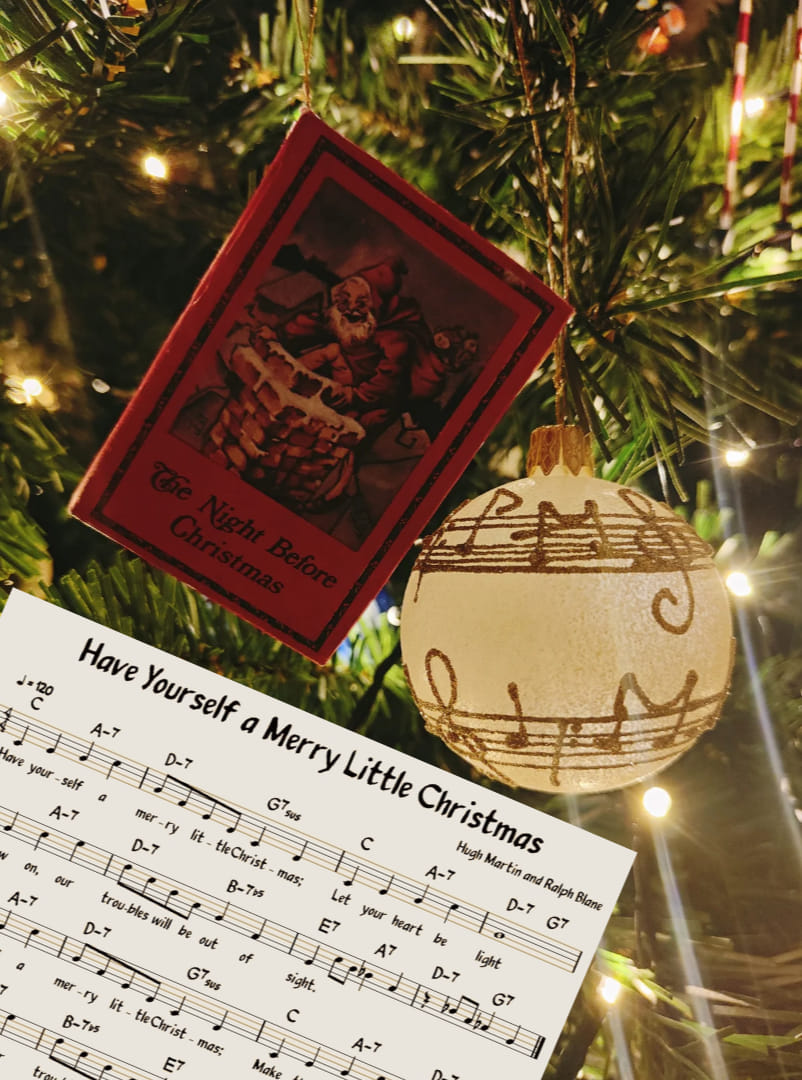
Vox Choir North East Christmas Concert at St Mary’s
___________________________________________________
2nd January – Gregory of Nazianzus
______________________________________

By the Revd Roy Shaw, a retired but active priest in the diocese of York, where he is a spiritual director.
Epiphany!
______________________________________

Remembering Agatha Christie
__________________________________________________
Our long love affair with coffee
__________________________________________________

Holocaust Memorial Day
_______________________________________________________
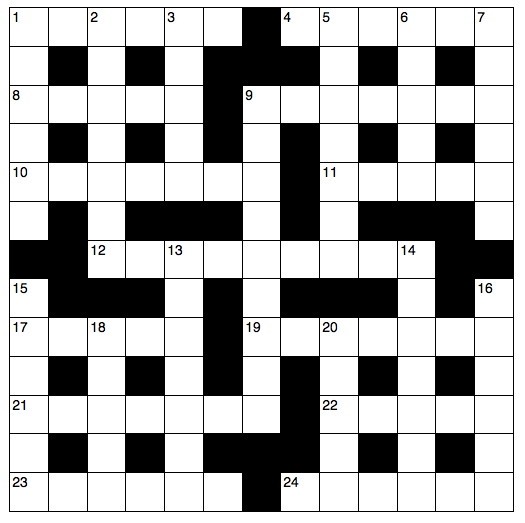
March 2026 Crossword
CLUES
Across
1 Arouse (Song of Songs 2) (6)
4 Extinguish (Isaiah 1) (6)
8 ‘“They — — ,” you will say, “but I’m not hurt!”’ (Proverbs 23) (3,2)
9 Unhappiness (Nehemiah 2) (7)
10 Jewish (7)
11 Dirge (anag.) (5)
12 ‘A truthful witness gives honest — , (Proverbs 12) (9)
17 Paul quoted from the second one (Acts 13) (5)
19 ‘Do not use your freedom to — the sinful nature’ (Galatians 5) (7)
21 ‘As you can see, he has done nothing to — death’ (Luke 23) (7)
22 Name applied by Isaiah to Jerusalem (Isaiah 29) (5)
23 ‘All the people — — one man, saying, (Judges 20) (4,2)
24 Lazarus, who was carried by angels, was one (Luke 16) (6)
Down
1 Appalled (Job 26) (6)
2 ‘In an — to escape from the ship,’ (Acts 27) (7)
3 Expel (Acts 18) (5)
5 ‘But I have a baptism to — , ’ (Luke 12) (7)
6 ‘Of the increase of his government and peace there will be — — ’ (Isaiah 9) (2,3)
7 Hurry (Psalm 119) (6)
9 ‘For I desire mercy, not — ,’ (Hosea 6) (9)
13 One of its towns was Sychar, (John 4) (7)
14 Shouting (Acts 7) (7)
15 Arachnid (Isaiah 59) (6)
16 Lydia, a — in purple cloth (Acts 16) (6)
18 Donkeys (5)
20 Raked (anag.) (5)
Answers to February Crossword
ACROSS: 1, Credit. 4, Tackle. 7, Cain. 8, Kenaniah. 9, Strength. 13, Beg. 16, Salvation Army. 17, ARC. 19, Every day. 24, Admonish. 25, Dire. 26, Sneeze. 27, Bronze.
DOWN: 1, Cock. 2, Epistolic. 3, Taken. 4, Tenet. 5, Cane. 6, Leave. 10, Erase. 11, Guide. 12, Honey. 13, Barbarian. 14, Guys. 15, Asia. 18, Rod in. 20, Voice. 21, Rahab. 22, Hope. 23, Mene.
Winner Peter Warren
Crosswords reproduced by kind permission of BRF and John Capon, originally published in Three Down, Nine Across, by John Capon (£6.99 BRF)
___________________________________________________
January 2026 Anagrams
FRESHWATER FISH
BRITISH CONDIMENTS
People sometimes say that British food is bland, but what about all those bottles and jars that give so much flavour when added at the table? Rearrange these letters to find the names of ten British favourites. All answers consist of two words. There are two brand names among them.
1. SCALA DREAM 2. HANGEM COUNTY 3. REJECT RULY RANDL 4. MA TOOTH PUCKET 5. GET RIVAL MAN
6. MAMS OLD CURTANS 7. HE HAS HORRID RISSLE 8. CRYNERY BELL JAR 9. WE ARE CRUSHT ICE ROSES
10. NOBLE PAN TRICKS
Compiled by Peter Warren
_____________________________________________
December Anagram Answers
MINSTER CHURCHES: Answers
1. SOUTHWELL 2. BEVERLEY 3. GREAT YARMOUTH 4. CHELTENHAM 5. ROTHERHAM 6. STONEGRAVE
7. SUNDERLAND 8. KINGS LYNN 9. HEMINGBROUGH 10. SAINT GREGORY'S KIRKDALE 11. DEWSBURY 12. DONCASTER
Winner:
___________________________________________________
March 2026 Soduko Puzzle

February Sodoku Solution

Winners
____________________________________________________
Canon Paul Hardingham begins a seven-part series. This will run until the July issue.
The Seven Deadly Sins: Pride
________________________________________________

Michael Bond, creator of Paddington Bear
__________________________________________________

Menai Suspension Bridge celebrates 200 years
_________________________________________________________
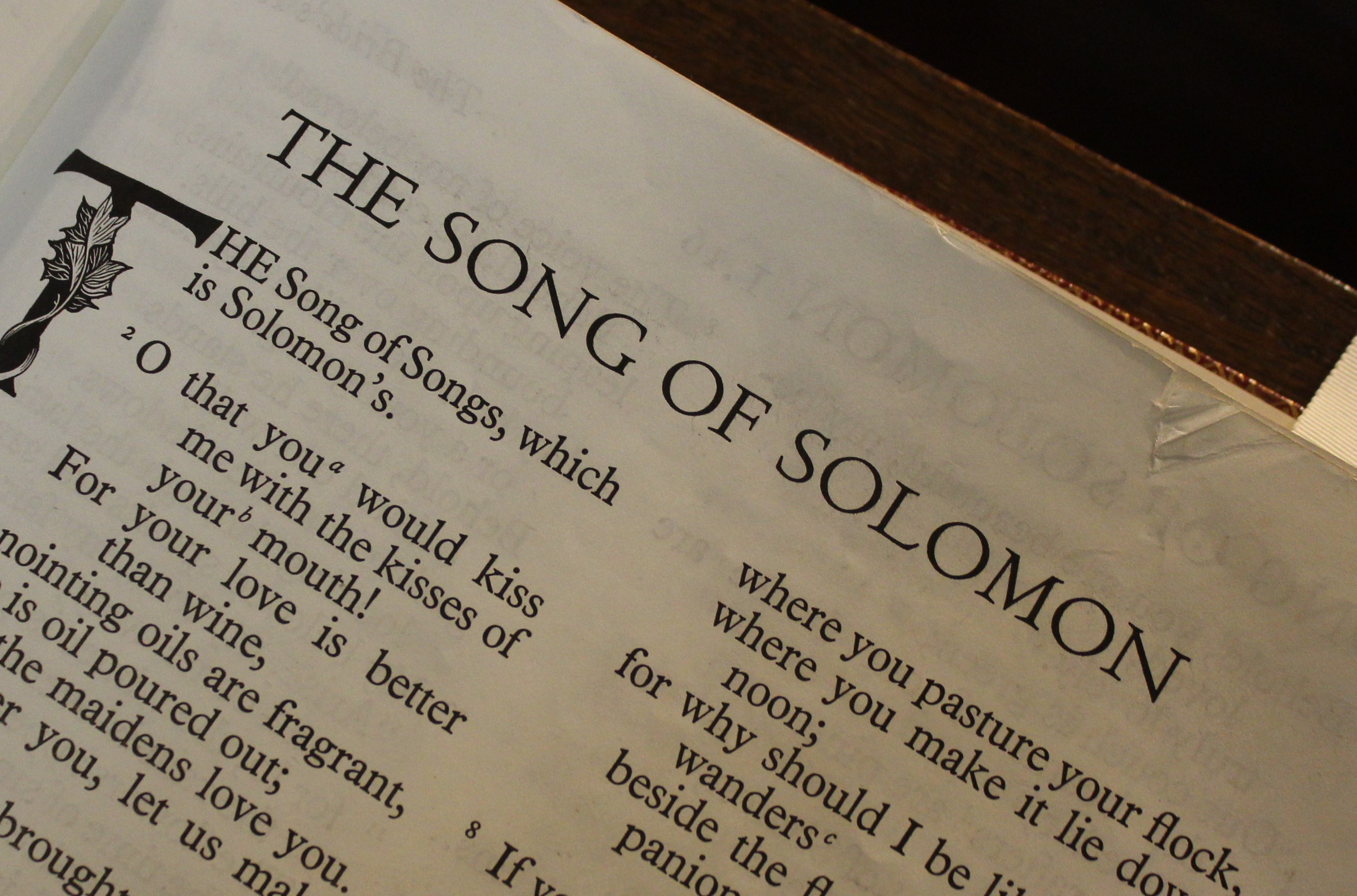
Canon Paul Hardingham continues his series on the books of the Bible, which will run until the end of 2025.
What’s the Big Idea? – An Introduction to the
books of the Old Testament: Song of Songs.
___________________________________________________
What, oh what, is that person’s name?!
______________________________________________________

Australia celebrates a milestone
____________________________________________________________
Burns Night – 25th January
_______________________________________

Crufts welcomes mongrels
_______________________________________
David Pickup, a solicitor, gives some guidance on…
Complaints and refunds – what about consumer protection?
_________________________________________________________
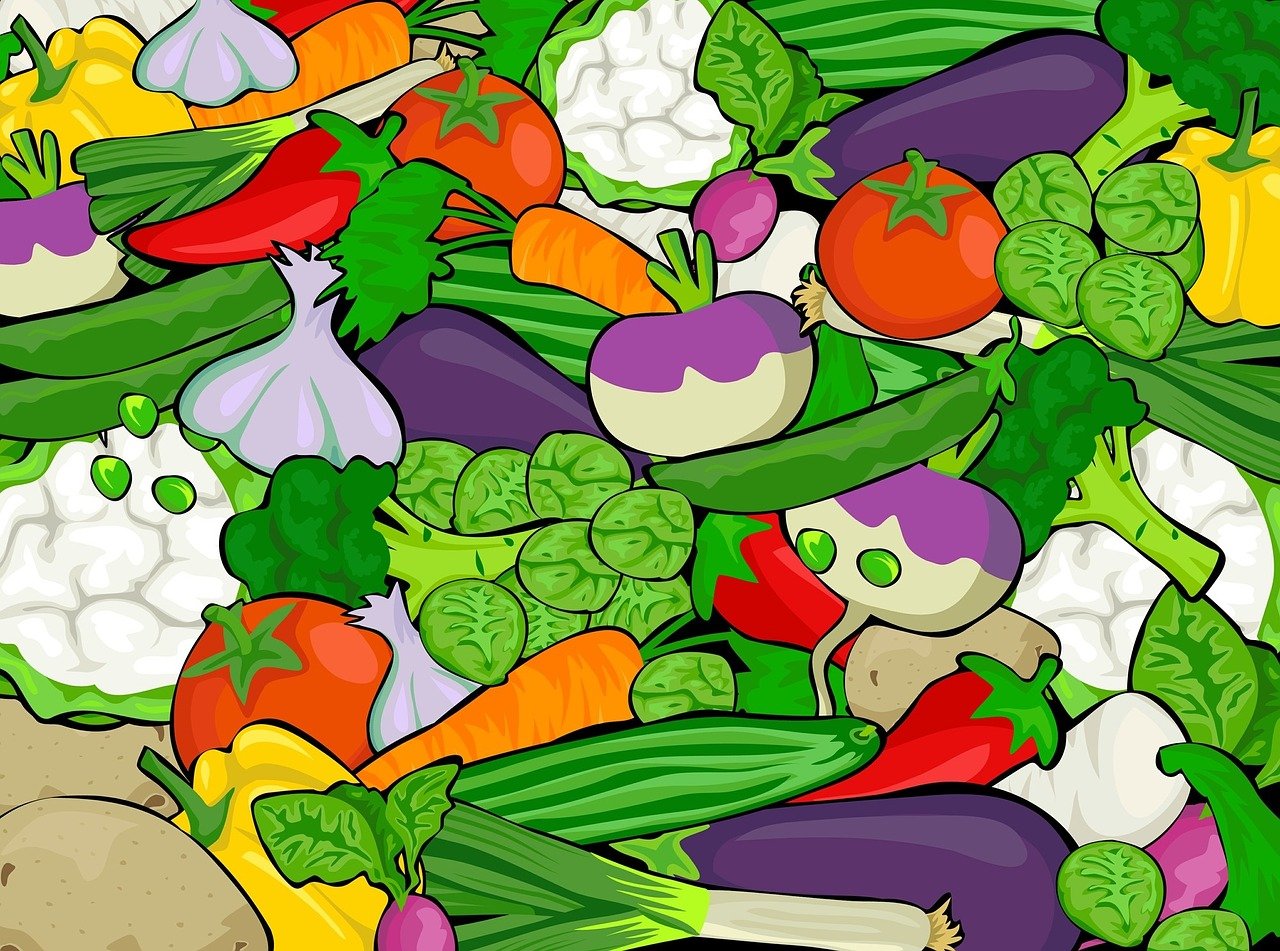
Why you should aim to eat the rainbow
_______________________________________________________

What makes snow stick?
_______________________________________
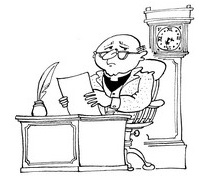
The Rectory
St James the Least of All
My dear Nephew Darren
Clearly, the sight of your vicar running out of the room halfway through your last church council meeting, saying he should have stayed as a traffic warden, where he was universally liked, has unnerved you. It would have unnerved me too, since a universally popular traffic warden is an exceptional creature.
But perhaps it is necessary to give you some advice for the day when you do have to chair your first church council meeting.
- Consider every agenda issue carefully beforehand and decide what you would like to do. Then, at the meeting, consult widely, listen to every opinion, weigh all the arguments, and then do precisely what you had decided before the meeting ever took place.
- Never, ever, let council members discuss hymns, which avoids getting blood on the carpets.
- Arrange the seating in rows, all facing the front, so that everyone must respond directly to you. The last thing you want is for council members to be able to discuss matters freely with one another.
- Start smoking a pipe. At those times when you are faced with an issue when you really are unsure of how to respond, taking out your pipe, dismantling it, searching for a pipe cleaner, squinting down the stem to see if it is clean, mopping out the goo in the bowl, searching for your tobacco pouch, filling the pipe, tamping it down, asking if you can borrow matches and attempting to light it several times over, will give you more than sufficient time to formulate a reply. Once you have perfected the routine, the silence will have been so protracted, that most of the committee will have long forgotten what the question was anyway.
- If someone is talking too long, consult your diary, noisily and obsessively, about next month’s appointments, or write a note to a committee member who is at the back of the room and get it passed to him. The speaker should soon get the message.
These are the simpler techniques of committee management. The advanced procedures must wait until you are strong enough to bear them.
Your loving uncle,
Eustace
_________________________________________________
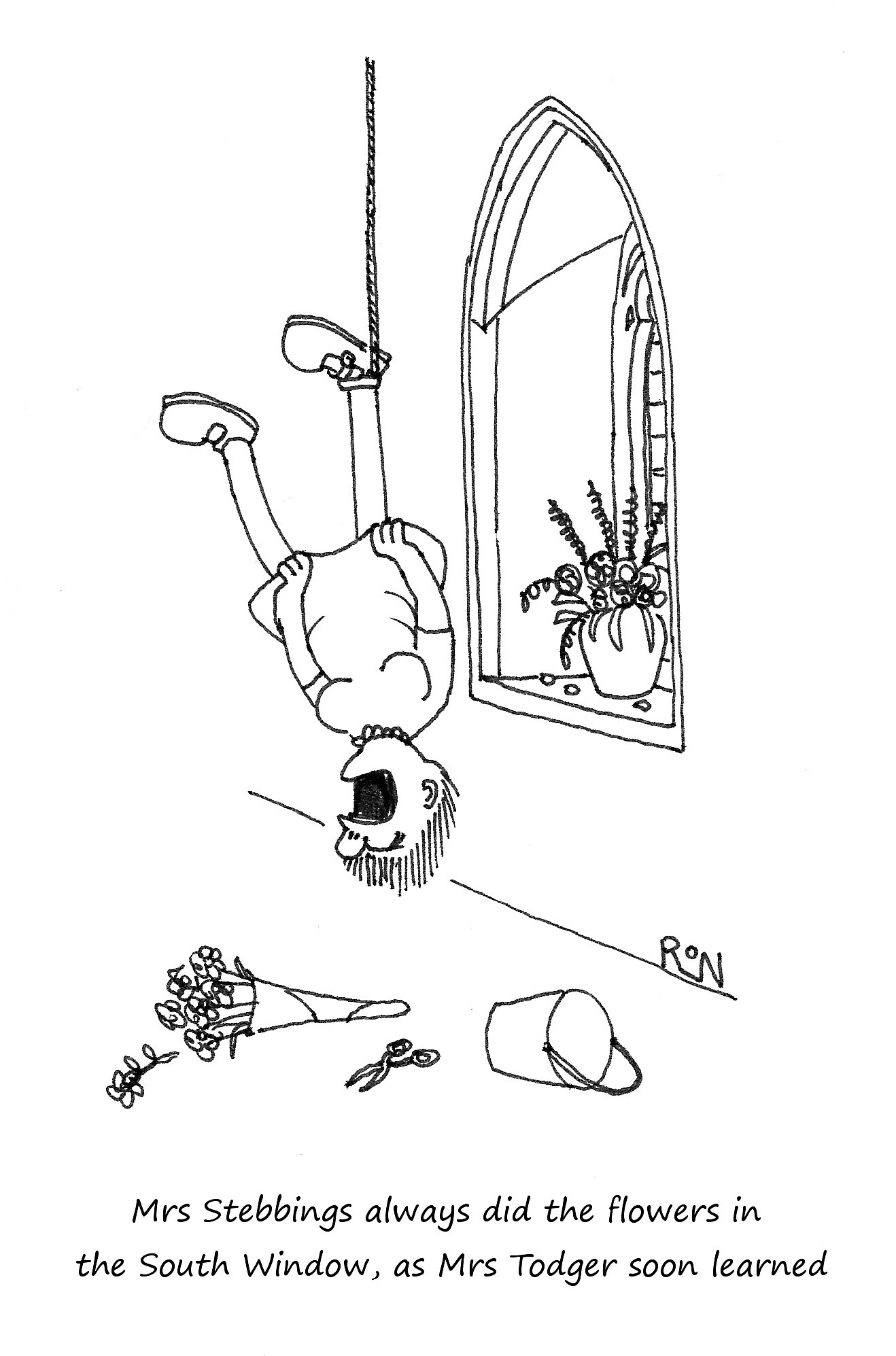
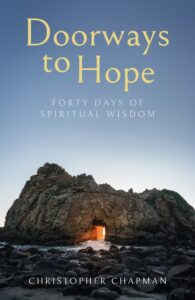
BOOK REVIEW
Doorways to Hope – 40 days of spiritual wisdom
By Christopher Chapman, Canterbury Press, £12.99
When so much seems to be falling apart, it is a struggle to find ground for hope.
This book explores the nature of hope, and offers ways of cultivating it. Avoiding wishful thinking, it offers instead a hope that is incarnate and redemptive, forever coming along side us to renew what is broken. This is a liberating, encouraging book for all who feel powerless in the face of the pain of the world or hemmed in by personal circumstance.
_________________________________________
All in the month of March.
It was:
300 years ago, on 26th March 1726 that Sir John Vanbrugh, architect and playwright died. Best known for designing Blenheim Palace and Castle Howard.
250 years ago, on 24th March 1776 that John Harrison, carpenter and clockmaker died. Known for inventing the marine chronometer, which enabled sailors to calculate longitude at sea.
175 years ago, on 11th March 1851 that the premiere of Italian composer Giuseppe Verdi’s opera Rigoletto, was held in Venice.
150 years ago, on 10th March 1876 that the world’s first telephone call was made. Alexander Grham Bell used his telephone to call his assistant, Thomas Watson, after spilling acid in his laboratory. The first words ever spoken on a telephone were: “Mr Watson, come here. I want you.”
100 years ago, on 30th March 1926 that Ingvar Kamprad, Swedish businessman, was born. He founded IKEA, the furniture retail company, in 1943, when he was just 17 years old. (Died 2018)
90 years ago, on 4th March 1936 that the German airship Hindenburg made its first flight. It was the largest airship ever constructed, and was destroyed in a fire in May 1937, ending the era of airship travel.
80 years ago, on 11th March 1946 that Rudolf Hess, former Commandant of Auschwitz concentration camp, was captured by the British forces in Germany. At the Nuremberg tribunals in April, he admitted to being responsible for the deaths of the 2.5 million people who had been killed at Auschwitz. He was executed on 16th April 1947.
Also 80 years ago, on 25th March 1946 that London’s Heathrow Airport first opened as London Airport. It was renamed Heathrow Airport in 1966.
75 years ago, on 15th March 1951 that Dennis the Menace first appeared in the British children’s comic, The Beano.
70 years ago, on 23rd March 1956 that Pakistan became the world’s first Islamic Republic.
65 years ago, on 6th March 1961 that George Formby, the ‘Ukulele King,’ comedian, singer and actor died. Known for his comic songs.
Also 65 years ago, on 8th March 1961 that Sir Thomas Beecham, British conductor and impresario, died. He had founded several major orchestras and transformed the operative and orchestral scene in Britain.
50 years ago, on 14th March 1976 that Busby Berkeley, American film director and choreographer died. Known for his elaborate musical production numbers, which often featured large numbers of dancing girls forming kaleidoscopic patterns.
40 years ago, on 3rd March 1986 that Queen Elizabeth II signed the Australia Act, severing Australia’s remaining legal ties with Britain and granting it full independence.
Also 40 years ago, on 17th March 1986 that Buckingham Palace announced the engagement of Prince Andrew, Duke of York, and Sarah Ferguson. They married in 1986 and divorced in 1996.
30 years ago, on 13th March 1996 that the Dunblane Massacre took place in Scotland. Thomas Hamilton, a former Scout leader, entered Dunblane Primary School, shot dead 16 children and a teacher, wounded 15 more, and then committed suicide. As a result, the private ownership of handguns was banned in the UK.
25 years ago, on 26th March 2001 that the UK Post Office was rebranded as Consignia, at a cost of around £2million. The name was so unpopular that the following year it was renamed The Royal Mail Group.
20 years ago, on 1st March 2006 that the Senedd – the National Assembly for Wales’s debating chamber – was officially opened by Queen Elizabeth II in Cardiff.
Also 20 years ago, on 21st March 2006 that Twitter, the online social networking/micro-blogging service, was founded. Its website went live on 15th July that year.
10 years ago, on 31st March 2016 that Ronnie Corbett, Scottish films and tv comedian, actor, screenwriter and broadcaster (The Two Ronnies) died.**
______________________________________________

Smile Lines
How God works
A grandmother was taking her young grandson for a walk in the park. The daffodils were in bloom, and it was a beautiful Spring Day. Wanting to encourage her grandson’s spiritual understanding of the world, she said: “Doesn’t it look like an artist painted this scenery? Did you know God did all this?”
Her grandson replied: “Oh yes, and God did it left-handed, too.” In astonishment, the grandmother asked what he meant. “Well, He must have done,” said her grandson, “because we learned at church last week that Jesus sits on God’s right hand.”
**
How many words does it take?
Pythagorean Theorem – 24 words
Lord’s Prayer – 66 words
Archimedes’ Principle – 67 words
Ten Commandments – 179 words
Shakespeare’s ‘To be, or not to be’ soliloquy – 260 words
Churchill’s speech ‘We Shall Fight on the Beaches’- 308 words
US Constitution with all 27 Amendments – 7,818 words
EU regulations on the sale of cabbages – 26,911 words
Puts things into perspective, doesn’t it?
**
Ask children about angels – and this is what you get!
Angels talk all the way while they’re flying you up to heaven. The main subject is where you went wrong before you got dead. – Daniel, age 9
When an angel gets mad, he takes a deep breath and counts to ten. And when he lets out his breath again, somewhere there’s a tornado. – Reagan, age 10
Angels have a lot to do and they keep very busy. If you lose a tooth, an angel comes in through your window and leaves money under your pillow. Then when it gets cold, angels go south for the winter. – Sara, age 6
Angels live in cloud houses made by God and His Son, who’s a very good carpenter. – Jared, age 8
All angels are girls because they gotta wear dresses and boys didn’t go for it. – Antonio, age 9
**
Adam and Eve’s true nationality
A Brit, a Frenchman and a Russian were viewing a painting of Adam and Eve frolicking in the Garden of Eden. “Look at that garden they are maintaining so well,” mused the Brit. “They must be British.”
“Nonsense,” the Frenchman disagreed. “They’re naked, and so beautiful. Clearly, they are French.”
“Ah, but no clothes, no shoes, no shelter,” the Russian pointed out, “they have only an apple to eat, and they’re being told this is Paradise. They are Russian.”
**
Present
For the elderly minister’s 75th birthday, the congregation at St Mary’s decided to give him a present of a new suit. He was so moved by the gift that the following Sunday he stood before everyone and began his homily with a tear in his eye, saying: ‘Today I am preaching to you in my birthday suit.’
**
Who’d be a mother?
Constant nagging didn’t seem to provide any relief from having to clean up the bathroom after each of my three teenage children. After I cleaned it one day, I resorted to posting a sign that read: “Please leave the bathroom as you found it.”
I noticed the bathroom was in the usual mess after my son used it, so I called, “Brian, how did you find the bathroom?” After a brief pause, he replied, “Straight down the hall, first door on the right.”
**
On the road
A teenager was always asking his parents if he could borrow the family car. Pushed to the limit one day, the father demanded of his son why he thought ‘The Almighty’ had given him two feet. Without hesitation, the son replied: “That’s easy, one for the clutch and one for the accelerator.”
**
Taxes
There will always be death and taxes; however, death doesn’t get worse every year.
**
Coming and going
Your child has started growing up when he stops asking you where he came from and starts refusing to tell you where he’s going.
**
Politicians welcome
At the pearly gates, St Peter greeted a church minister and member of Parliament and gave them their room keys. “Vicar, here are the keys to one of our nice single rooms. And for you, Mr MP, the keys to our finest penthouse suite.”
“This is unfair!” cried the minister.
“Listen,” St Peter said, “ministers are a ten a penny up here, but this is the first MP we’ve ever seen.”
**
Fair warning
Instead of a sign that says: ‘Do Not Disturb’, I need one that says: ‘Already Disturbed, Proceed with Caution’.
**
The following appeared in the magazine of the Light Music Society:
Agnus Dei was a woman composer famous for her church music –schoolchild’s essay.
Most composers don’t live until they are dead – child’s essay
Sign on door of music shop: Gone Chopin, but have Liszt, so Bach in a Minuet!
**
New Dog Breeds for Crufts?
With Crufts Dog Show held this month, here are some ideas for new breeds for the Kennel Club…
Collie + Lhasa Apso = Collapso: A dog that folds up for easy transport
Spitz + Chow Chow = Spitz-Chow: A dog that throws up a lot
Pointer + Setter = Poinsetter: A traditional Christmas pet
Great Pyrenees + Dachshund = Pyradachs: A puzzling breed
Pekingnese + Lhasa Apso = Peekasso: An abstract dog
Labrador Retriever + Curly Coated Retriever = Lab Coat Retriever: The choice
Newfoundland + Basset Hound = Newfound Asset Hound: A dog for financial
Terrier + Bulldog = Terribull: A dog that makes awful mistakes
Bloodhound + Labrador = Blabador: A dog that barks incessantly
Malamute + Pointer = Moot Point: Owned by…oh, well, it doesn’t matter
Collie + Malamute = Commute: A dog that travels to work
Deerhound + Terrier = Derriere: A dog that’s true to the end
**
What God won’t ask when you die
~ God won’t ask what kind of car you drove, He’ll ask how many people you drove who didn’t have transportation.
~ God won’t ask the square footage of your house, He’ll ask how many people you welcomed into your home.
~ God won’t ask about the clothes you had in your closet, He’ll ask how many you helped to clothe.
~ God won’t ask what your highest salary was, He’ll ask if you compromised your character to obtain it.
~ God won’t ask what your job title was, He’ll ask if you performed your job to the best of your ability.
~ God won’t ask how many friends you had, He’ll ask how many people to whom you were a friend.
~ God won’t ask in what neighbourhood you lived, He’ll ask how you treated your neighbours.
~ God won’t ask about the colour of your skin, He’ll ask about the content of your character.
________________________________________________
 Text Link
Text Link


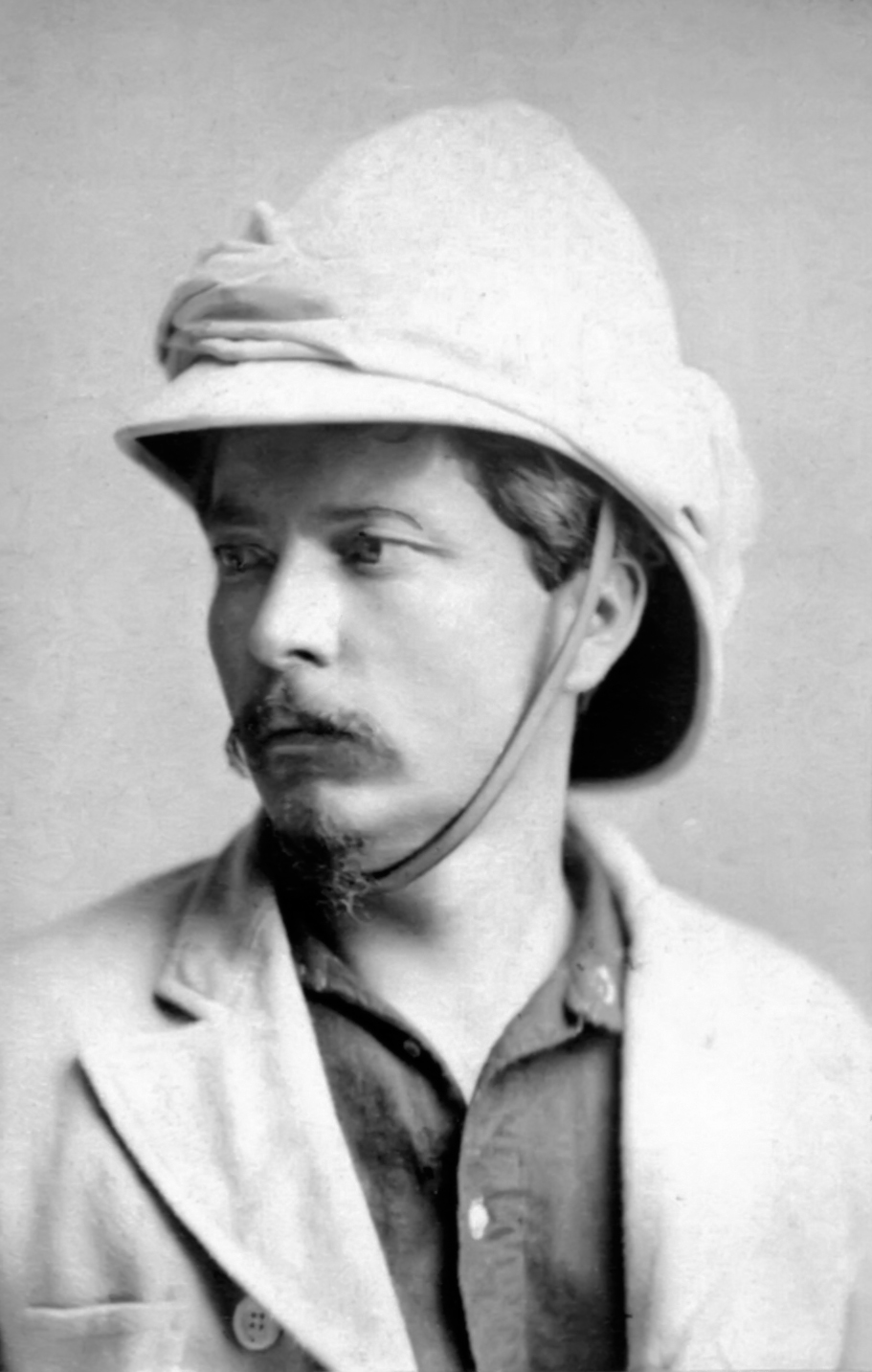
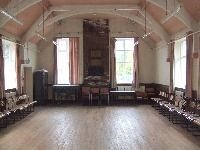
 Click to edit block quote. What quote or client recommendation really sums up your business?
Click to edit block quote. What quote or client recommendation really sums up your business? 
